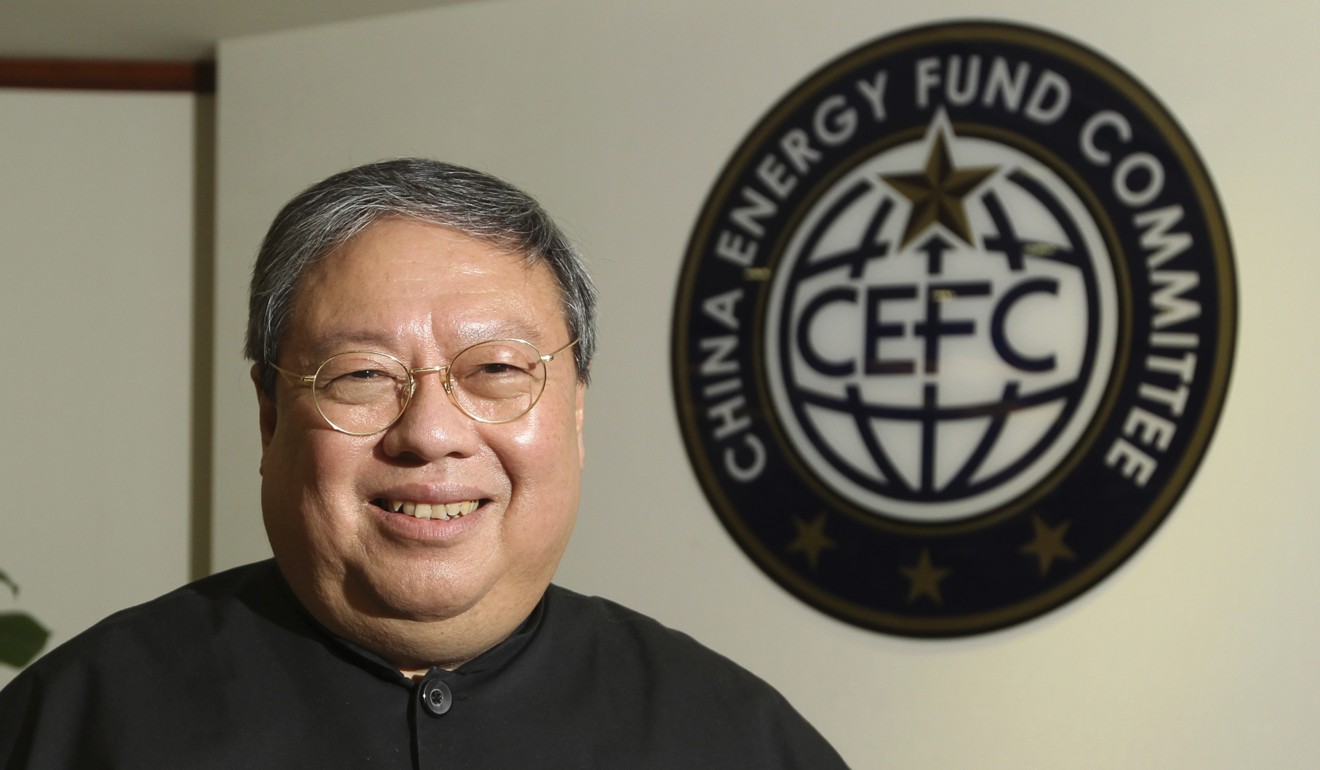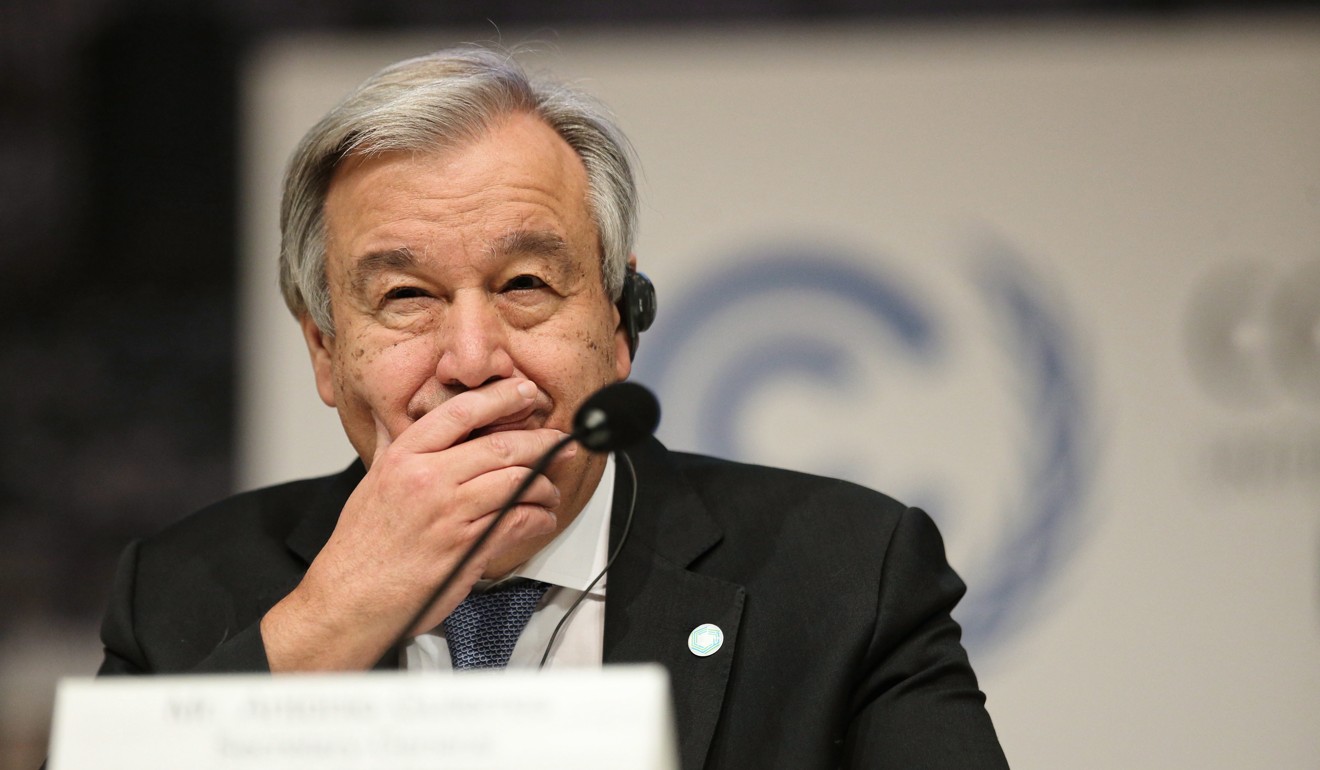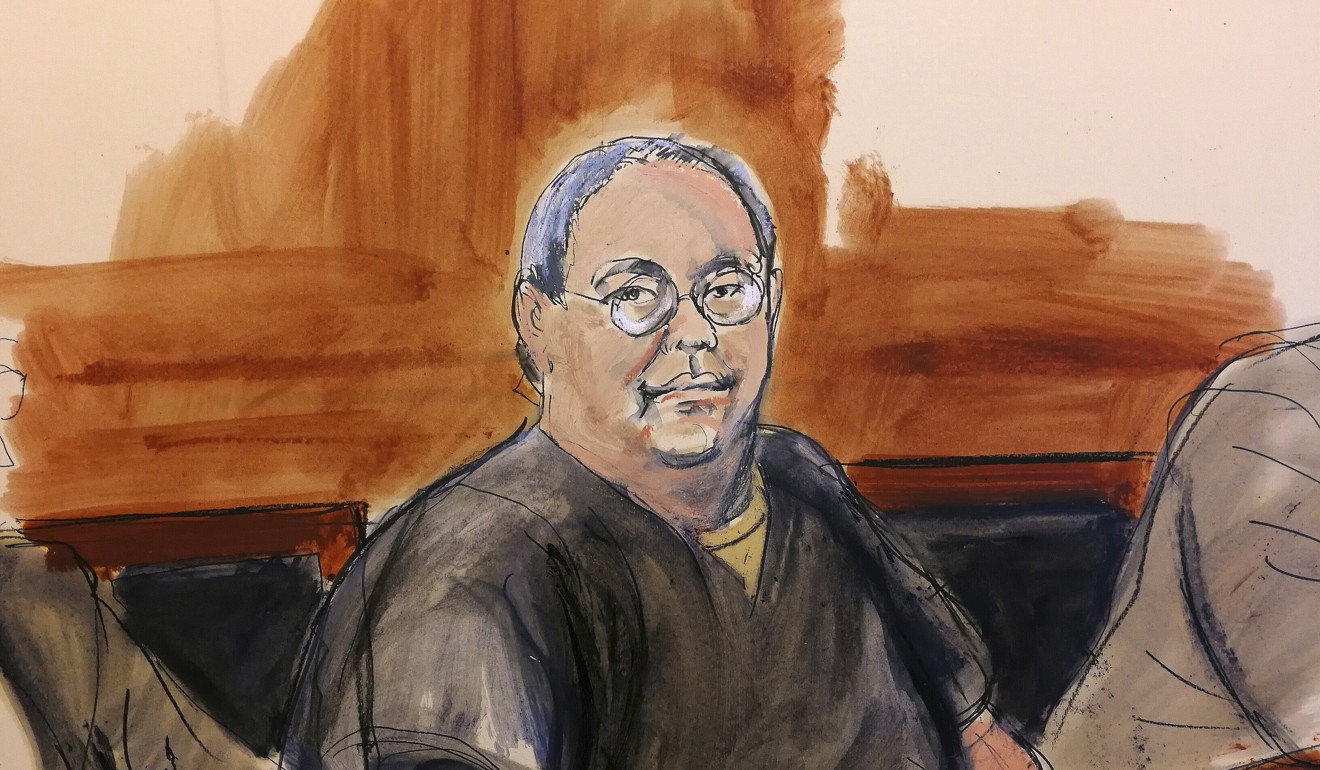
UN Secretary General’s spokesman says top officials encouraged to act with ‘utmost integrity’ after three former presidents named in Patrick Ho trial
- Farhan Haq, spokesman for António Guterres, tells the Post that, since 2016, General Assembly presidents have had to make a pledge of transparency
- Three former presidents of the General Assembly were named in the recent bribery trial of Patrick Ho
The United Nations has encouraged its top officials to carry out their duties with the utmost integrity, after three former presidents of the UN General Assembly were named in the US$2.9 million bribery scandal of former Hong Kong minister Patrick Ho Chi-ping.
Replying to questions from the Post, Farhan Haq, a spokesman for UN Secretary General António Guterres, said the world body had cooperated extensively with United States investigators in the case, “by making thousands of pages of documents available and providing access to its personnel”.
The three officials named in the case were former General Assembly presidents: Sam Kutesa from Uganda and his predecessors Vuk Jeremic from Serbia and John William Ashe from Antigua.
General Assembly presidents are elected for a year-long term, during which they preside over sessions of the world body at its New York headquarters.
Asked if the UN now had sufficient safeguards against corruption, Haq told the Post: “We have encouraged all presidents of the General Assembly to carry out their duties with the utmost integrity.”
Ho, a prominent eye surgeon who was Hong Kong’s secretary for home affairs from 2002 to 2007, was convicted by a New York court last Wednesday on seven of eight counts of bribery and money laundering.

These included paying US$500,000 to Kutesa, a long time foreign minister of Uganda, after he ended his UN term in 2015. The payment was made in exchange for oil rights by Chinese oil conglomerate CEFC China Energy in Uganda.
Ho headed a think tank fully funded by CEFC, which had also been accredited with special consultative status to the UN Economic and Social Council since 2011. The think tank hosted at least four UN General Assembly presidents on visits to Hong Kong.
Ho was also found guilty of offering US$2.4 million in bribes to the president of Chad for similar oil rights, and to the middleman acting on Ho’s behalf, former Senegal foreign minister Cheikh Gadio, a key witness in the case.
In addition to Kutesa, his immediate predecessors Ashe and Jeremic also figured in the case.
Ashe was arrested and charged for corruption in 2015, but died in a weightlifting accident before he could be tried.

During a wiretapped phone conversation with Ho in 2014, Ashe’s aide hinted that Ho could offer a large contribution to Ashe after he left his UN job. Ho replied that it was a matter of “give and take”. Ho’s think tank also hosted a visit by Ashe.
Jeremic, who was General Assembly president just before Kutesa, introduced Gadio to Ho.
Testifying at Ho’s trial, Jeremic admitted that he made business referrals to CEFC while in office at the UN, but denied any wrongdoing.
Soon after he stepped down from the UN job in 2014, Jeremic was hired as a consultant by CEFC and was paid US$330,000 a year to open doors to energy and state officials.
CEFC also fully funded the setting up of Jeremic’s Serbia-based think tank, the Centre for International Relations and Sustainable Development.
Responding to the Post, UN spokesman Haq said several presidents have made pledges of transparency. A number of measures were also put in place after Ashe’s arrest to ensure integrity at the top.

Since 2016, General Assembly presidents have had to make a pledge of transparency while taking their oath of office.
That year too, a code of ethics was passed, under which the president must refrain from using the office for private gain or giving preferential treatment to any state, organisation or person.
The two most recent presidents also made voluntary disclosures of their personal finances.
In its dealings at the UN and in the US, Ho’s think tank pushed for the Belt and Road Initiative, China’s flagship trade and geopolitical strategy.
Despite the bribery scandal, Haq said secretary general Guterres still believes the Belt and Road Initiative is “a positive one for the entire region”.
Asked how the UN would deal with the special consultative status enjoyed by Ho’s think tank, Haq said: “The decision to withdraw accreditation from NGOs is in the hands of the member states of the UN Economic and Social Council; those states can choose to withdraw the accreditation if they so wish.”

